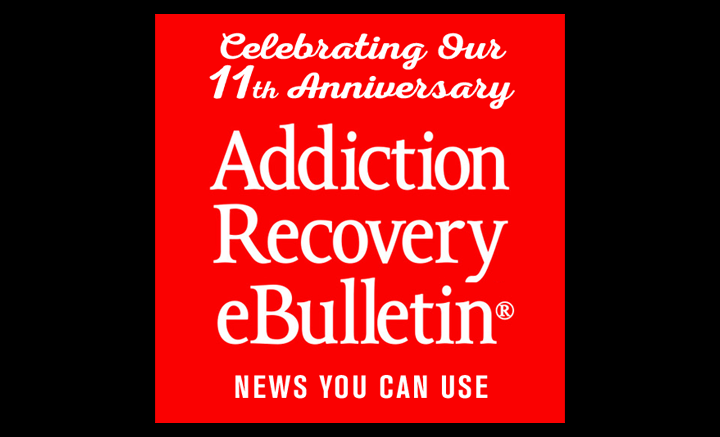MEDIA: Book Review –
April 3, 2018 – She takes us on similar journeys into lithium and MAO inhibitors, each bringing hope and problems. And then, in the late 1980s there’s the arrival of serotonin reuptake inhibitors, known as SSRIs, and their promise to be different from the antidepressants of the past. The standard explanation is that Prozac, Celexa, Zoloft and other SSRIs boost serotonin levels. But studies have never proved that depressed people suffer from low serotonin (some do, some have normal levels and others have high levels). And SSRIs often fare no better than placebos for mild to moderate depression. Still, doctors tend to talk about depression as if the science is settled, often telling patients: If you’re diabetic you take insulin; if you’re depressed you take a pill. The analogy, of course, doesn’t hold. There is no blood test, no X-ray, no urinalysis that pinpoints depression. It is a field, Slater writes, “still stuttering, with at best a slippery grasp on the science behind its pills and potions, a legion of medical men and women who can help you in one way but hurt you in another.”



